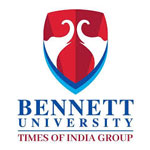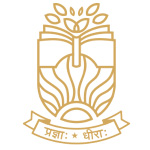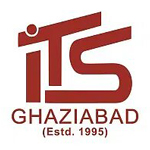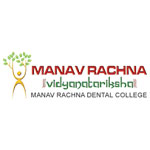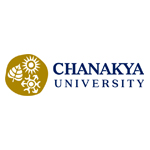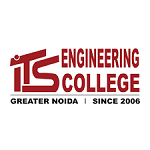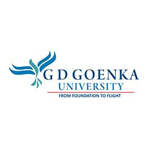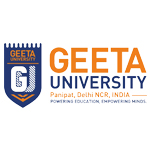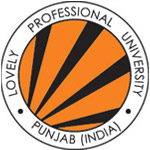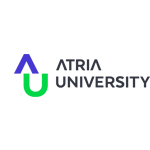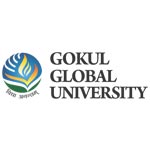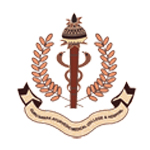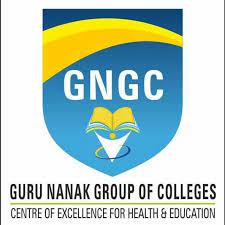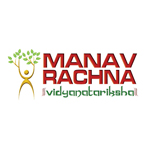HRD: As manya women in BSc as men; women dominate MSc as well
For the first time, there are as many women as there are men in undergraduate science programmes and their dominance at the masters level is at the highest ever. These are among the findings of the All India Survey on Higher Education (AISHE) unveiled Friday by HRD Minister Prakash Javadekar.
Pure science courses at the undergraduate level, till five years ago, had 95 female students for every 100 men but according to the latest AISHE edition, last year, there were 100 women for every 100 male students in the Bachelor of Science or B.Sc. programmes (see box). In absolute numbers, in 2017-18, B.Sc. had 48.19 lakh students enrolled, of which 50.7 per cent were men and 49.3 per cent women.
Not only are more women enrolling in pure sciences, but a strong number is staying back to complete their degree and pursue further studies. Out of the 11.51 lakh students who finished their B.Sc. and B.Sc. (Honours) degree last year, 5.97 lakh or 52 per cent were women.

The survey also shows that women have not only retained their dominance in postgraduate science, but their participation has increased sharply in five years. In fact, their enrolment in Master of Science or M.Sc. programmes is now as strong as their presence in Master of Arts or M.A.
In 2013-14, there were 138 women for 100 men in M.Sc. as opposed to 147 women for 100 men in M.A. Five years later, data shows 171 women enrolled for every 100 men in postgraduate science, against 173 women in M.A. In absolute numbers, last year, M.Sc. had a total of 7.11 lakh students of which 60.80 per cent female.
Enrolment in pure sciences, traditionally dominated by men, has changed with more women entering higher education. In 2017-18, there were 1.74 crore female students in higher education, as opposed to 1.3 crore in 2010-11. Overall, for every 100 male students, the number of female students has increased from 85 in 2013-14 to 91 last year.
The Gross Enrolment Ratio or GER for women across all categories is highest in Chandigarh (67.7 per cent) compared to the national average of 25.8 per cent. Puducherry, Tamil Nadu, Delhi, Goa, Himachal Pradesh, Kerala, Manipur, Punjab, Sikkim, Haryana, Telangana and Uttarakhand also have female GER (30 per cent) higher than the national average.
The influx of women in higher education, however, seems to have changed little for the engineering and technology disciplines, which continue to have the lowest female participation. For example, B.Tech courses have 21.19 lakh enrolled students of which roughly 72 per cent were men. Similarly, in Bachelor of Engineering or B.E, out of the 18.2 lakh enrolled students, 71 per cent students were male.
According to the survey, the present GER in higher education in India is 25.8 per cent. In the last five years, enrolment of students has increased from 3.23 crore in 2013-14 to 3.66 crore in 2017-18. The overall growth over five years is 13.3 per cent.
GER is a statistical measure for determining the number of students enrolled in undergraduate, postgraduate and research-level studies within the country and expressed as a percentage of the population in the 18-23 years age group.
Out of the total 3.66 crore students in higher education in 2017-18, 1.92 crore were men and 1.74 crore women. Almost 80 per cent of total students, or 2.83 crore, were studying at the undergraduate level and 11.23 per cent were enrolled at the postgraduate level, which is roughly 41.14 lakh students. PhD scholars accounted for less than 0.5 per cent of the total students in higher education.
The survey also found that there were 903 universities in the country last year, compared to 864 in 2017-18. Maharashtra tops in the enrolment of students in universities with 9.51 lakh students. This is followed by Tamil Nadu with 8 lakh students and Delhi with 7.53 lakh students.
The top eight states in terms of highest number of colleges in India are Uttar Pradesh, Maharashtra, Karnataka, Rajasthan, Andhra Pradesh, Tamil Nadu, Gujarat and Madhya Pradesh which have 28 or more colleges per lakh population. Bihar has the worst college density with just seven colleges per lakh population and Karnataka and Telangana the best with 51 colleges per for every one lakh people.
At a time when Indian institutions are competing to figure in world rankings, there hasn’t been much improvement in the internationalisation of education in the country. There is a marginal improvement in the number of foreign students – 47,575 in 2016-17 to 46,144 in 2017-18. The highest share comes from neighbouring countries – Nepal (24.9 per cent), Afghanistan (9.5 per cent). Sudan accounted for 4.8 per cent.
AISHE findings are based on the responses of 822 universities, 38,061 colleges and 9,090 standalone institutions. There are a total of 903 universities, 39 050 colleges and 10,011 standalone institutions in the country.
News Source (Indian express)
Want help with admissions?
Leave us your details and we will contact youApplications for Admissions are open



